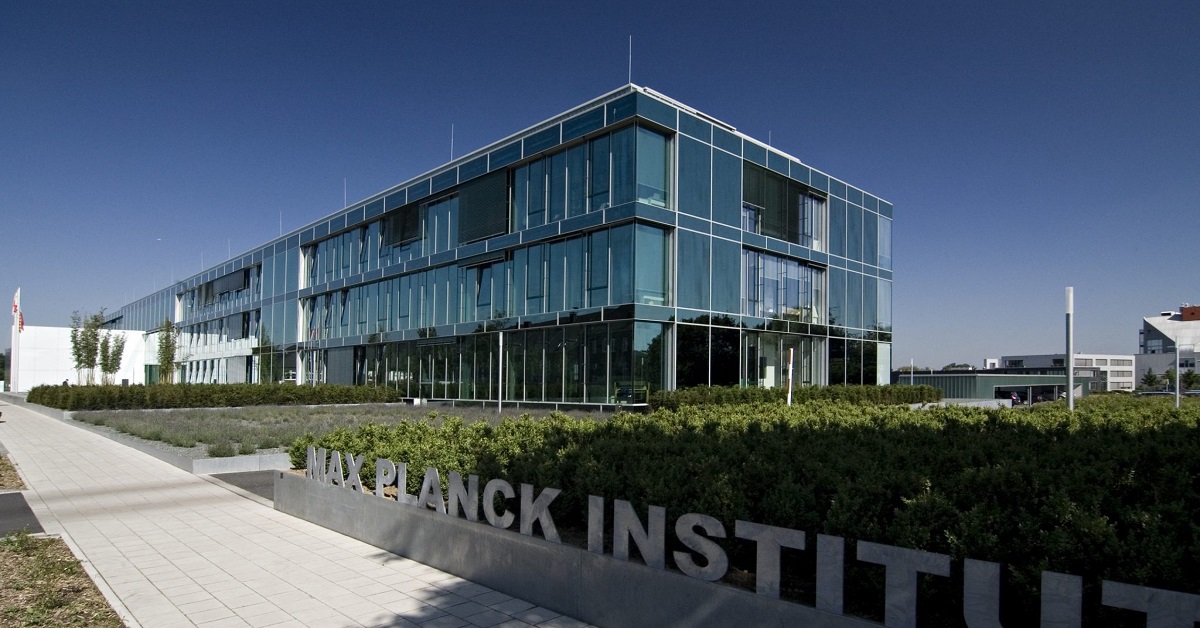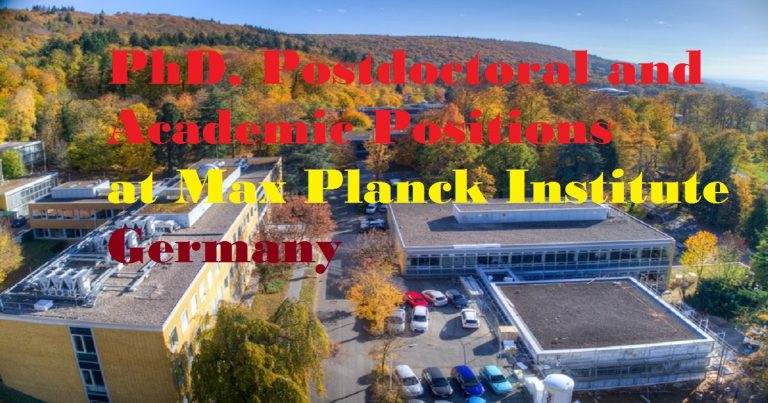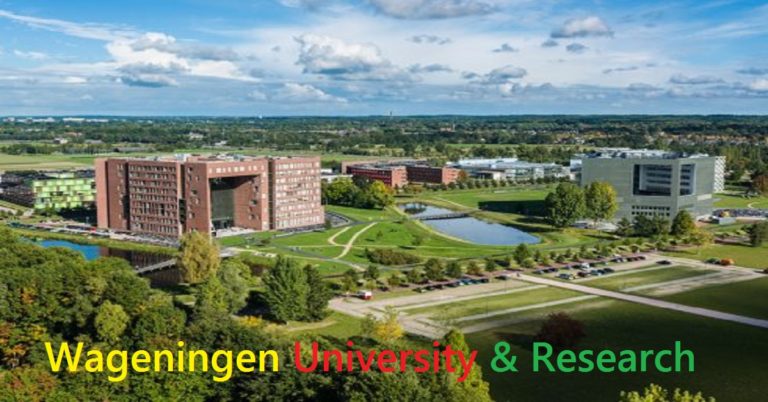
Postdoctoral Scholarships at Max Planck Institute, an independent non-governmental and non-profit association of German research institutes.
Head of Bioinformatics Facility (m/f/d)May 07, 2025Max Planck Institute of Immunobiology and Epigenetics, Freiburg
Postdoc Position (m/f/d) | Research Group “Our Children’s Children: A Comparative Analysis of Constitutional Protections of Future Generations”April 11, 2025Max Planck Institute for Social Law and Social Policy, Munich
PhD Student or Postdoc (f/m/d) | Theory and algorithms for structure determination from single molecule x-ray scattering imagesApril 01, 2025Max Planck Institute for Multidisciplinary Sciences, Göttingen
Postdoc position (m/f/d) | Bright attosecond coherent soft X-ray generation and time resolved X-ray absorption spectroscopy (tr-XAS)April 01, 2025Fritz Haber Institute of the Max Planck Society, Berlin
Director positions | Medical ResearchMarch 27, 2025Max Planck Institute for Medical Research, Heidelberg
Postdoc position (m/f/d) | Correlated Operando Electron and X-ray Microscopy of ElectrocatalystsMarch 21, 2025Fritz Haber Institute of the Max Planck Society, Berlin
Postdoc position (m/f/d) | Application of THz fields in ultrafast electron diffraction (UED)March 21, 2025Fritz Haber Institute of the Max Planck Society, Berlin
Postdoc (f/m/d) | Molecular and computational analyses of 3D genome regulationMarch 13, 2025Max Planck Institute for Multidisciplinary Sciences, Göttingen
Postdoctoral Position | Advanced MRI Analysis MethodsMarch 05, 2025Max Planck Institute for Human Cognitive and Brain Sciences, Leipzig
Barbara Huber Scholarship ProgramFebruary 28, 2025Max Planck Institute for the Study of Crime, Security and Law, Freiburg
Postdoc position (m/f/d) | Functionalization of UHV-Prepared Single Crystals for CO2RRFebruary 26, 2025Fritz Haber Institute of the Max Planck Society, Berlin
Director (m/f/d)February 14, 2025Max Planck Institute for Chemical Ecology, Jena
Postdoc Behavioral Scientist (f/m/d) | Developing and Testing Interventions to Reduce Crime and Fear thereof in Public Spaces Using Virtual RealityJanuary 30, 2025Max Planck Institute for the Study of Crime, Security and Law, Freiburg
Postdoc Position (m/f/d) | Material development for chiral organic semiconductorsSeptember 25, 2024Max Planck Institute of Microstructure Physics, Halle (Saale)


